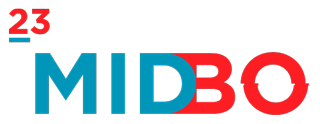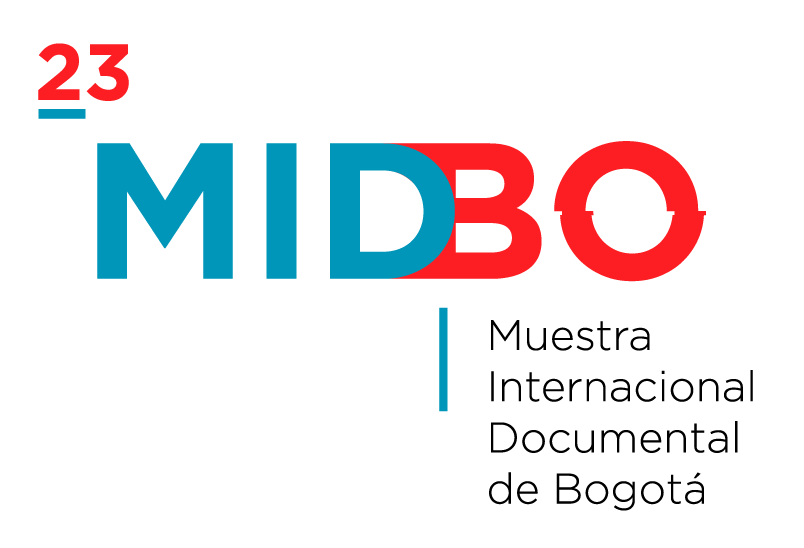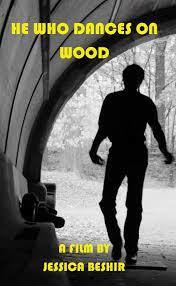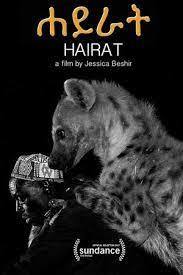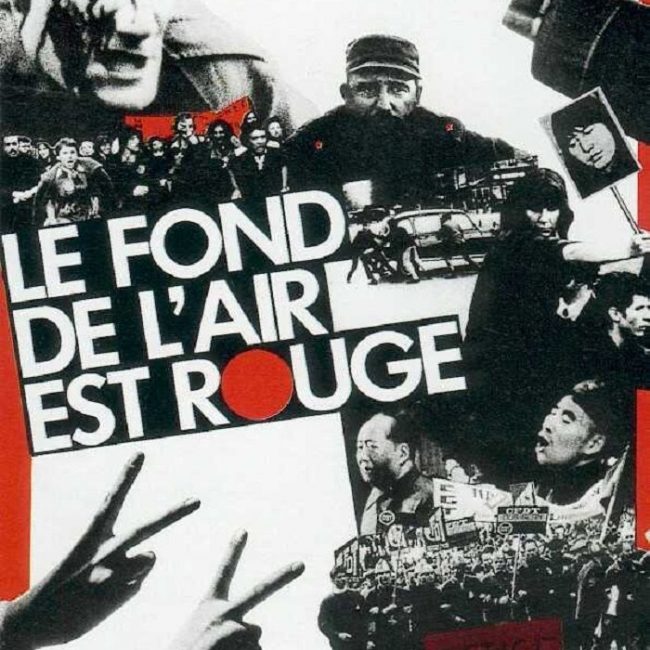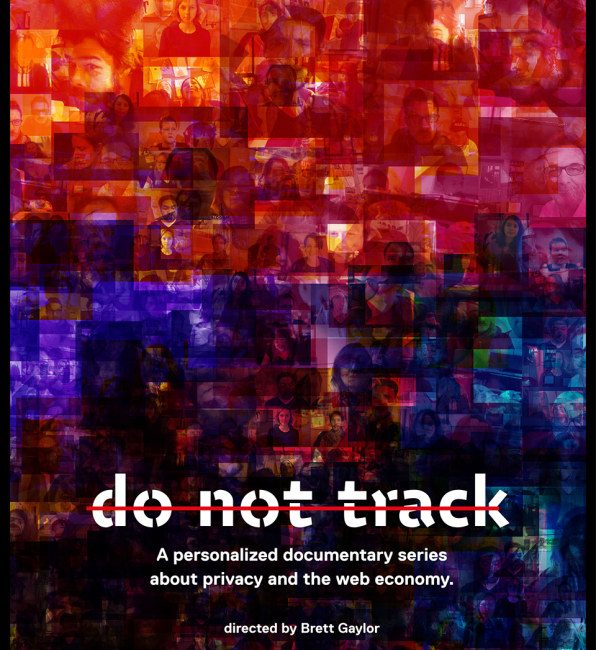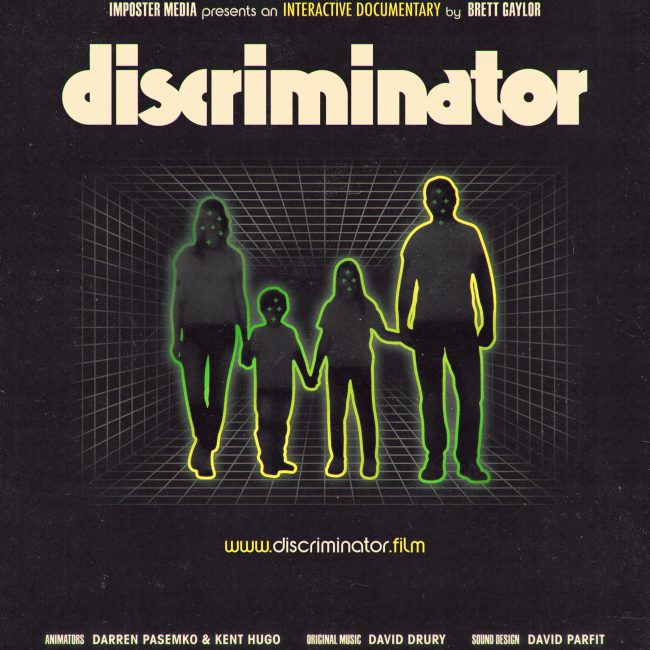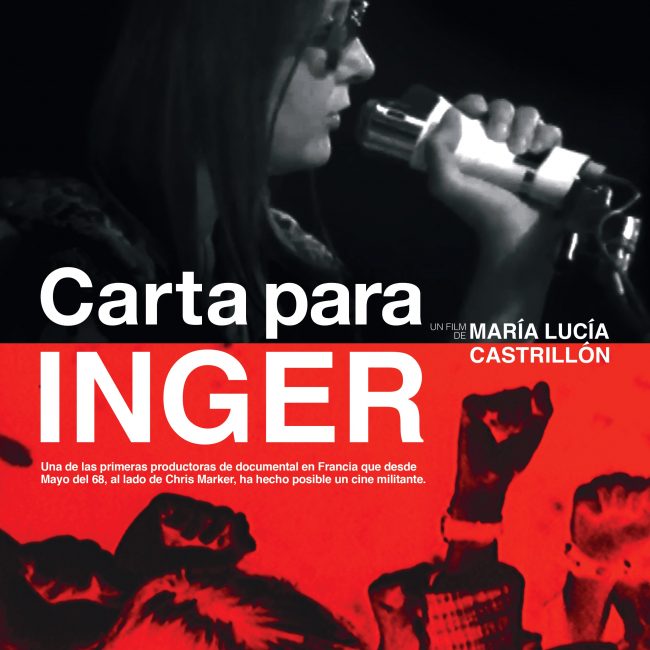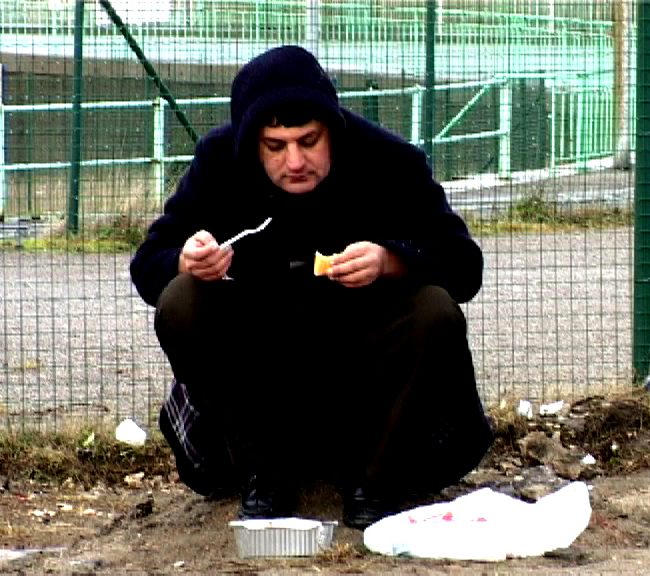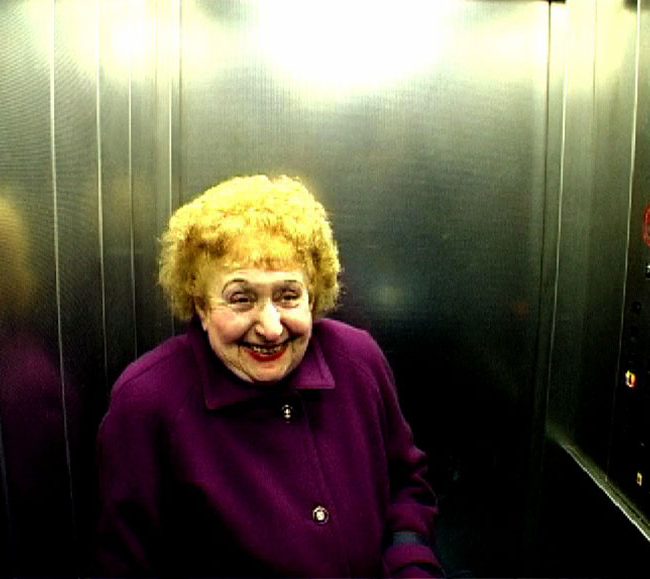Freedoms in transit
Freedoms in transit is the special program that gathers the films of the Seminar Thinking the real. It is proposed a transit through the poetics of the political, that is, following the diverse ways in which the documental has freed itself of the authority invested in its point of view as the representation of reality. The program discusses essential elements, such as the experiential poetry of a cinema that is in turn part of itself, with films as Hairat and He who dances of wood de Jessica Beshir. On the other hand, the cinema is questioned as an industry from the ironic approach to the documentary of Marc Isaacs, who – as a director that moves between fiction and documentary films – challenges the structure of the film or the exposure of ‘characters’ as a profitable business, while questioning the construction of solidarities and search strategies to shorten the distance between documentalist and the shooting subjects. At the same time, “Thinking the real” homages Chris Marker in the 100 years of his birth and makes available again the international version of Grind Without a cat (Le fond de l’air is rouge) to those enrolled in the Seminar. This film dialogues in a very interesting way with Letter for Inger (Lettre à Inger) by Maria Lucía Castrillón, allowing a better understanding of the production conditions of historic producer ISKRA, and also permitting a reflection of Marker’s point of view and influences on Latin America, which correlate in the imagined correspondence that constitutes the short film Mapa by Juan Soto, piece to be released as a video-installation in Marker’s tribute at the 23° version of MIDBO. Finally, two films – transversal to the Section Expanded Documentary- by Canadian Director, Brett Gaylor, complete the program: Do not track, a now-classic work on online privacy and Discriminator, the last work by this director, released in Tribeca, which invites us to play with interactive documentary forms to question the confidence we have for giving up and using our image in social networks. This a program where the documentary freedom points borders that it crosses as historically as in avant-garde works, the most liberal of film formats.
By Maria Luna
